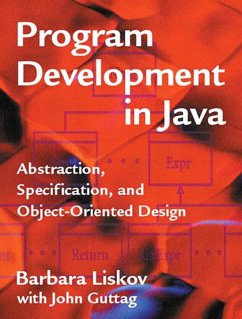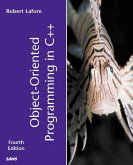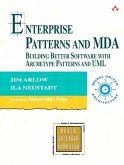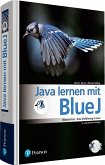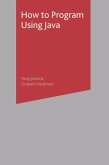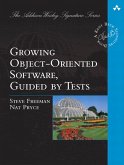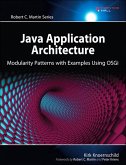Because each module in a program corresponds to an abstraction, such as a collection of documents or a routine to search the collection for documents of interest, the book first explains the kinds of abstractions most useful to programmers: procedures; iteration abstractions; and, most critically, data abstractions. Indeed, the author treats data abstraction as the central paradigm in object-oriented program design and implementation. The author also shows, with numerous examples, how to develop informal specifications that define these abstractions--specifications that describe what the modules do--and then discusses how to implement the modules so that they do what they are supposed to do with acceptable performance.
Other topics discussed include:
- Encapsulation and the need for an implementation to provide the behavior defined by the specification
- Tradeoffs between simplicity and performance
- Techniques to help readers of code understand and reason about it, focusing on such properties as rep invariants and abstraction functions
- Type hierarchy and its use in defining families of related data abstractions
- Debugging, testing, and requirements analysis
- Program design as a top-down, iterative process, and design patterns
The Java programming language is used for the book's examples. However, the techniques presented are language independent, and an introduction to key Java concepts is included for programmers who may not be familiar with the language.
Dieser Download kann aus rechtlichen Gründen nur mit Rechnungsadresse in A, B, BG, CY, CZ, D, DK, EW, E, FIN, F, GR, HR, H, IRL, I, LT, L, LR, M, NL, PL, P, R, S, SLO, SK ausgeliefert werden.

